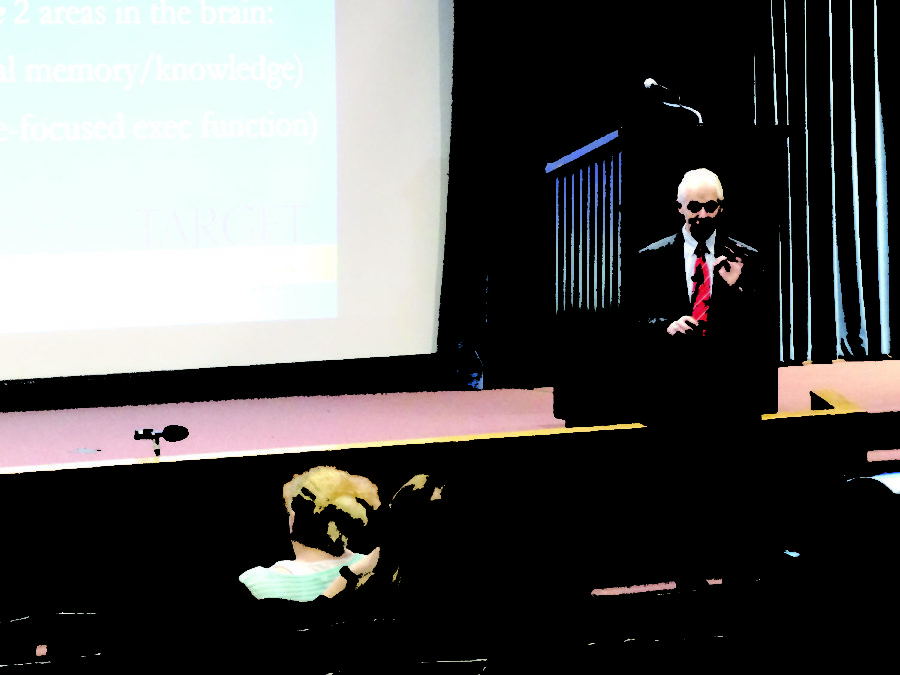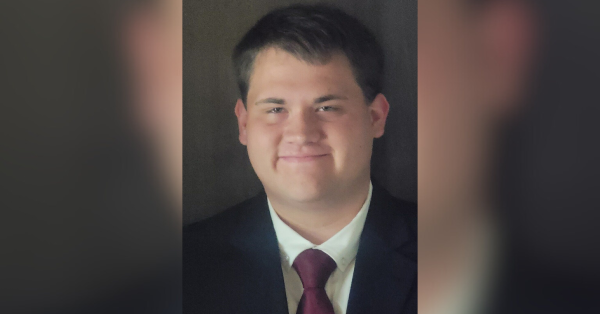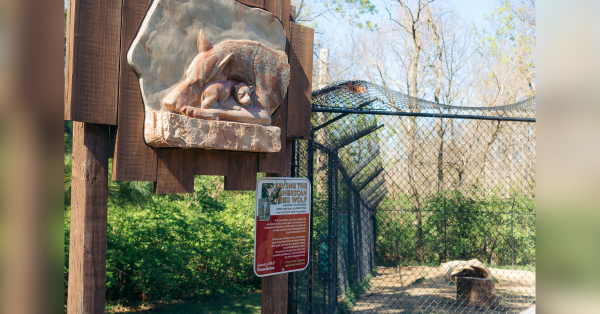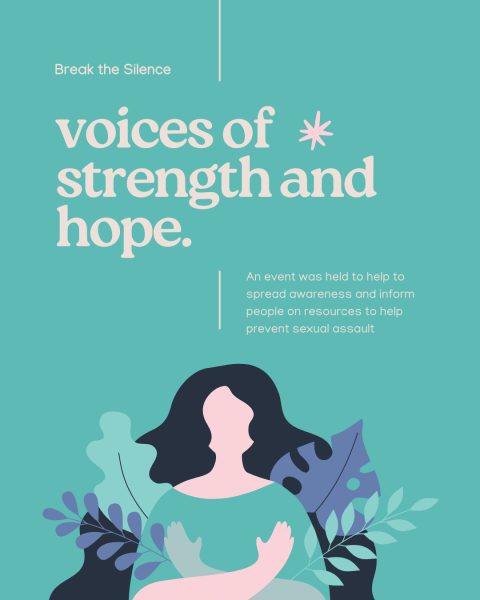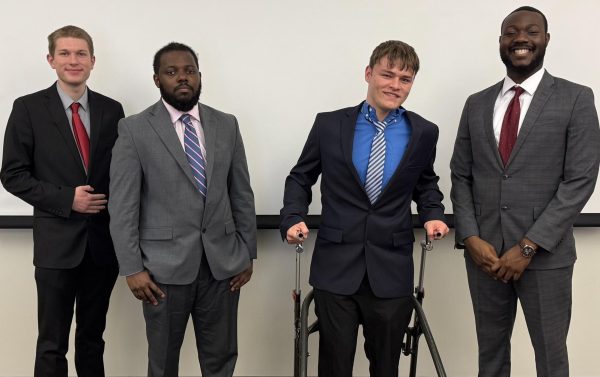ECCE Speaker Series: Helping Children and Families Recover from Trauma with Dr. Julian Ford
Dr. Julian Ford presented at UIS on April 11 at Brookens Auditorium. Dr. Ford’s presentation touched on topics such as stress, trauma, and coping strategies. Specifically, Dr. Ford presented research on post traumatic survival coping and how the brain handles stress.
“Trauma survivors are survivors,” Dr. Ford explained, “and they do what survivors do. Survivors use survival coping […] It could happen to any of us, or any of the people that we care about.”
According to the research presented by Dr. Ford, extreme or excessive stress can change a “learning brain” (one that uses surrounding information to grow and adapt normally) to a “survival brain” (a brain that is stuck in a state of alarm). Extreme stress can produce chronic survival coping symptoms such as hypervigilance, reactive aggression, and general hopelessness.
Often, individuals in American society suffering from trauma are judged according to their survival coping behavior. Such judgement is a mistake, according to Dr. Ford, who believes that handling prior trauma could be the key to resolving traumatic stress. “Instead of asking ‘what’s wrong with you,’ we should be asking ‘what happened to you?’ Dr. Ford explained to the crowd.
Outlining the pattern of stress reception and activation in the brain, Dr. Ford likened the brain’s response system to a security alarm. “You have an alarm,” Dr. Ford explained to the audience. “Stress is when the alarm is activated. For trauma survivors, the alarm gets stuck.”
While the alarm system of the brain (the amygdala) may activate with healthy brain function, Dr. Ford explained that the alarm system plays an overactive role in the trauma-affected brain. While the average person possesses an alarm center (amygdala), a filing center (the hippocampus), and a thinking center (the prefrontal cortex) that work in harmony, traumatic stress can cause the alarm center to take over. According to Dr. Ford, the brain affected by trauma is, “a brain where the alarm is going off, but everything else shuts down.”
Though the effects of trauma on the brain seem intense, there is a possible solution. The “S.O.S” method, as explained by Dr. Ford, is a way of training the brain to process stress effectively. “S.O.S.” stands for “slow down,” “orient yourself,” and “self-check.”
“Slow down,” in this case, means that, when under stress, it is important to try and clear your mind and calm yourself as much as possible according to Dr. Ford. “Orient yourself” is a reminder to focus the mind; choosing to think only of “one thought that you yourself choose.” Finally, “Self-check” is a reminder to recognize the level of stress occurring, while attempting to balance your stress level against your “personal control” according to Dr. Ford.
Ending the informative seminar, Dr. Ford assigned “homework” in the form of requesting that audience members, “Do the S.O.S. method for yourselves. Focus on yourself, and who you are going to be with.”



